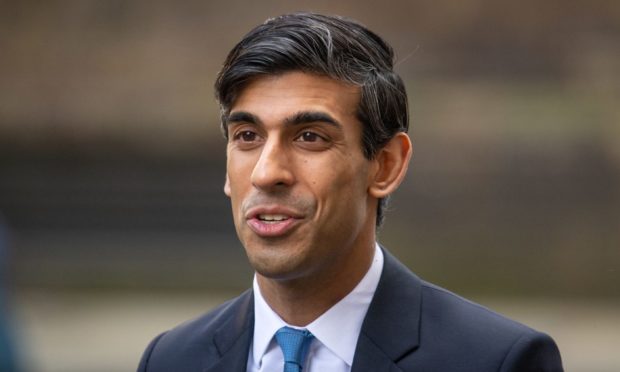The Government’s furlough scheme has been extended by another month until the end of June, the Chancellor has confirmed.
Rishi Sunak said the decision had been made in light of the continued social distancing measures which were extended for a further three weeks on Thursday.
The scheme, which allows firms to furlough employees with the government paying cash grants of 80% of their wages up to a maximum of £2,500 a month, was originally open for three months and backdated from March 1 to the end of May.
Mr Sunak, said: “We’ve taken unprecedented action to support jobs and businesses through this period of uncertainty, including the UK-wide Job Retention Scheme.
“With the extension of the coronavirus lockdown measures yesterday, it is the right decision to extend the furlough scheme for a month to the end of June to provide clarity.
“It is vital for people’s livelihoods that the UK economy gets up and running again when it is safe to do so, and I will continue to review the scheme so it is supporting our recovery.”
The decision comes just a day after Britons were told they would have to stay at home for another three weeks before restrictions are lifted.
Experts had warned that companies would have to start consulting on redundancies unless the measures were extended on Friday.
Companies who need to lay off more than 100 people have to run a 45-day consultation before making the redundancies.
“This is very welcome news for workers and their families,” said Trades Union Congress general secretary Frances O’Grady.
“If the scheme had not been extended, the deadline for redundancy consultation notices would have been tomorrow (Saturday). So it was vital that this announcement came quickly after the lockdown extension.”
Earlier on Friday, Confederation of British Industry head Carolyn Fairbairn said the Government had to move quickly to protect staff.
“This is quite urgent,” she told BBC Breakfast.
Ahead of the Chancellor’s announcement, Phil Pepper, head of employment at law firm Shakespeare Martineau, said: “Those organisations which currently can’t afford to pay wages and salaries after the May stop date will have to start considering making job cuts now.”
During a consultation period, bosses first talk to unions or staff representatives, before launching individual consultations with the staff who are likely to lose their jobs.
Thousands of employees up and down the country have been sent home by their employers, with the Government backing up to 80% of salaries while they are unable to work because of coronavirus.




